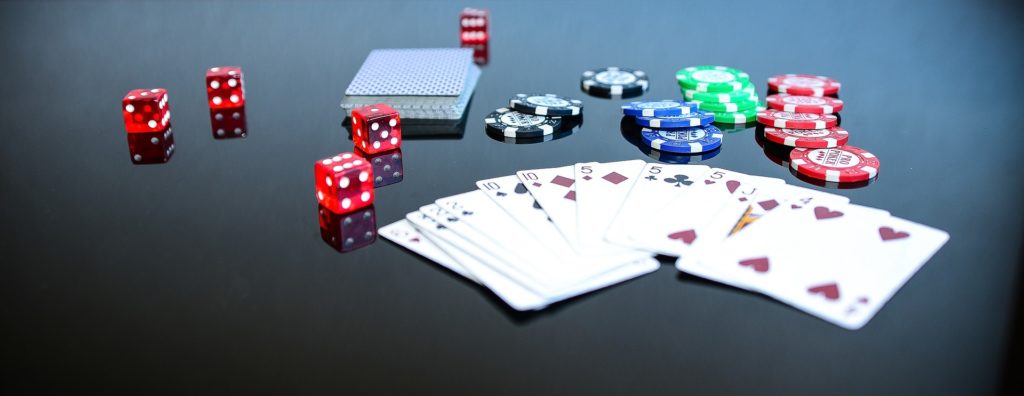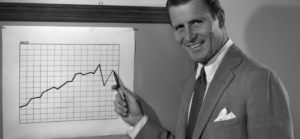If you hang out with a large group of salespeople long enough, one event is all but guaranteed to happen, you will be invited to a poker game. Poker has exploded in popularity since 2003 when a nobody amateur player named Chris Moneymaker turned a $39 satellite entry fee into a birth and eventual win of the World Series of Poker, netting a cool $2.5 million in the process. After Moneymaker’s (what a name huh?) improbable victory, millions of people across the world suddenly decided that they too could be the next poker millionaire. However, no group of people embraced this dream more than salespeople.
I’m not going to entertain the old “game vs sport” argument or “luck vs skill.” Poker is a sport. It has its own top athletes. Skilled players that consistently win millions of dollars while amateurs deplete their bankrolls “waiting to get lucky.” The game of poker has a pretty basic set of rules and some simple math can be applied to increase your odds. However, the SPORT of poker is based almost completely around who is the best salesman. To actually win money in poker you need to be able to A) Sell someone into believing your hand isn’t very good when it actually is or B) Sell someone into believing your hand IS very good when it actually is NOT.
Let’s break down how top players do this and how it relates to everyday sales.
Great hands
There’s no better feeling a poker player can feel than looking down at our cards and seeing pocket aces or spiking a set (three of a kind) right on the flop. This is where most amateur players get lost. They see a great hand and want to put all their money in and are shocked when everyone folds. Athletes know that a great hand (or product) isn’t enough to win the real money. Instead, they need to consistently build value in the pot with a series of small bets. These smaller bets entice other players to keep “chasing” (hoping to get lucky) instead of folding and gradually build the pot bigger and bigger until you are ready to place your biggest bet at the end. Hopefully, by that point, the pot is large enough that it has enough value in it for someone to call your final bet in the hopes that you were bluffing.
I hope every salesperson reading this feels that they have a great product. Often times we can believe so deeply in our great products that we just assume every prospect will love it and we go right for the close way too early. However, we often find that human beings are psychologically programmed to say no to salespeople on instinct. This is because they have a fear of being sold. While people have a fear of being sold, they also have a desire of getting a great deal. Our job as salespeople, just like the hand of poker is to keep our prospects engaged by consistently building value without ever making them feel like they are being closed. If we have done our job correctly, the value, just like the inflated pot of chips, will be too much for them to pass up.
The bluff.
As salespeople, we have all done it. We’ve told a prospect that “this is the last spot we have available” or “I have another customer coming to buy this car in an hour.” This is a final move used way too often by salespeople in the hopes of creating urgency and forcing a customer to buy. In poker, the bluff is everyone’s favorite moment to see but also the most misunderstood. Most people think the bluff is a wild spontaneous gamble. Pushing all your chips in the middle hoping to scare another player into folding. In actuality, the bluff is a carefully constructed storyline that the player has been selling since the hand was dealt. Betting early, betting often, and maybe betting big on one particular card they think really scares their opponent. Without this story being sold, any skilled player will call your bluff in a heartbeat. Before you think about trying to bluff with a prospect, ask yourself “What is the story my actions have been telling?” Have I played it cool, built value, and have a super interested prospect who just needs a little push? Or, have I already revealed I need the deal by reducing the price, calling too many times or acting desperate? Remember, sometimes the best play a poker player can make is to lay his hand down and live to play the next one.






